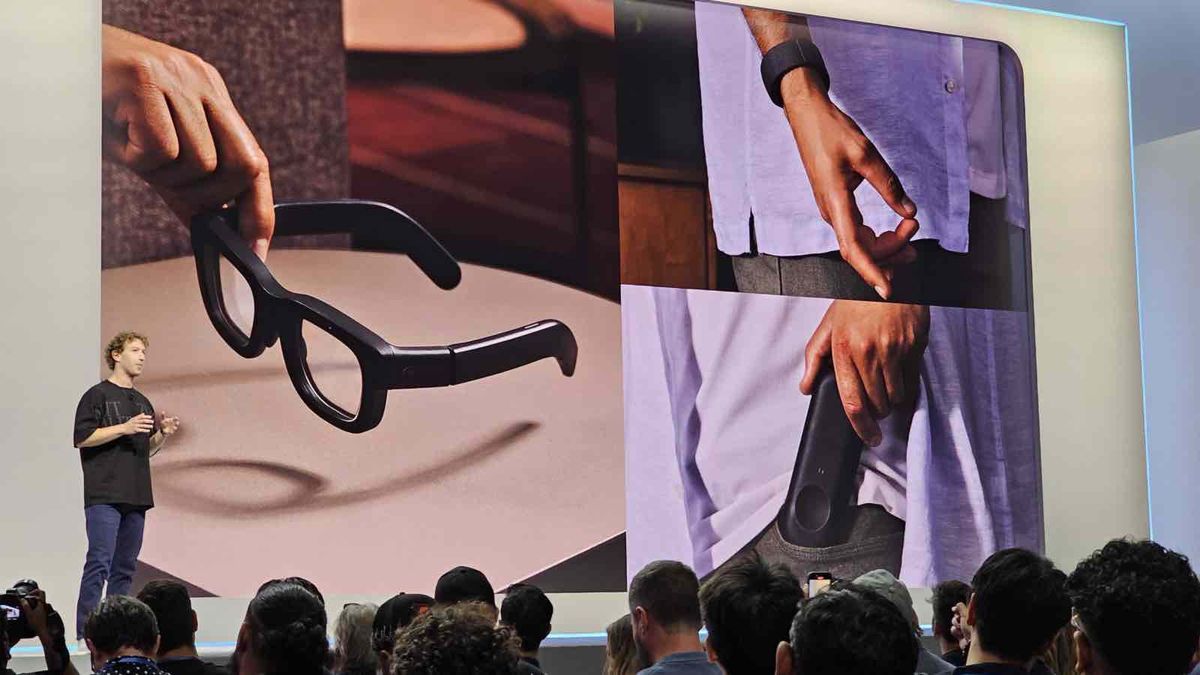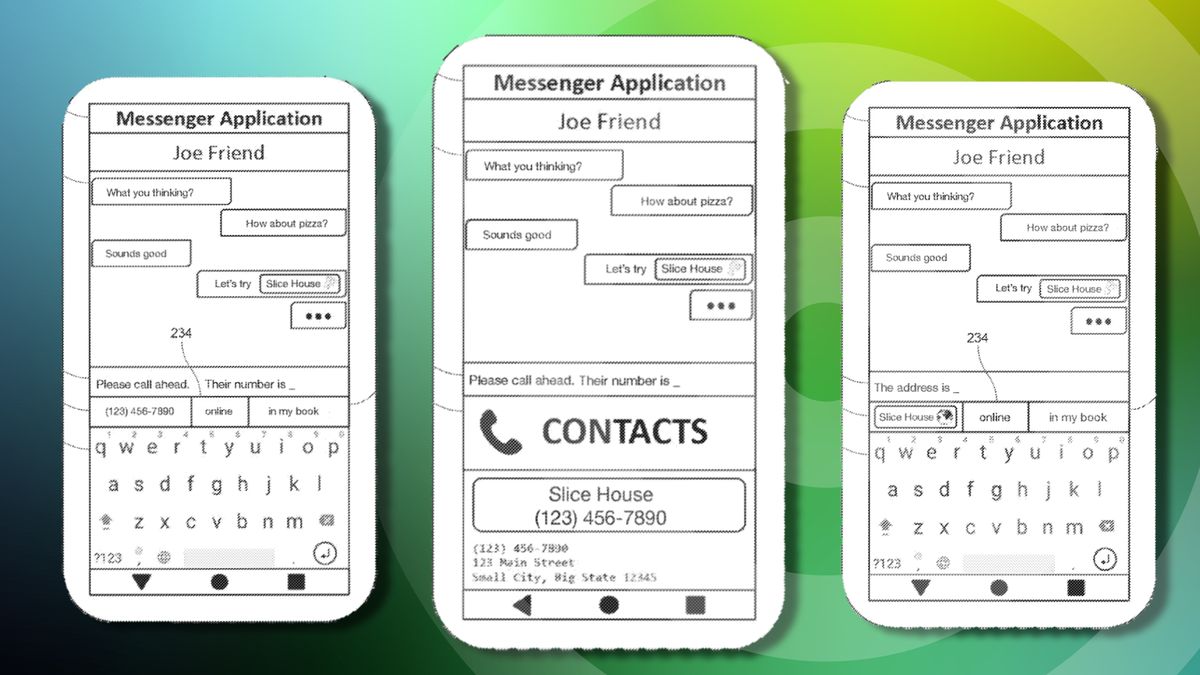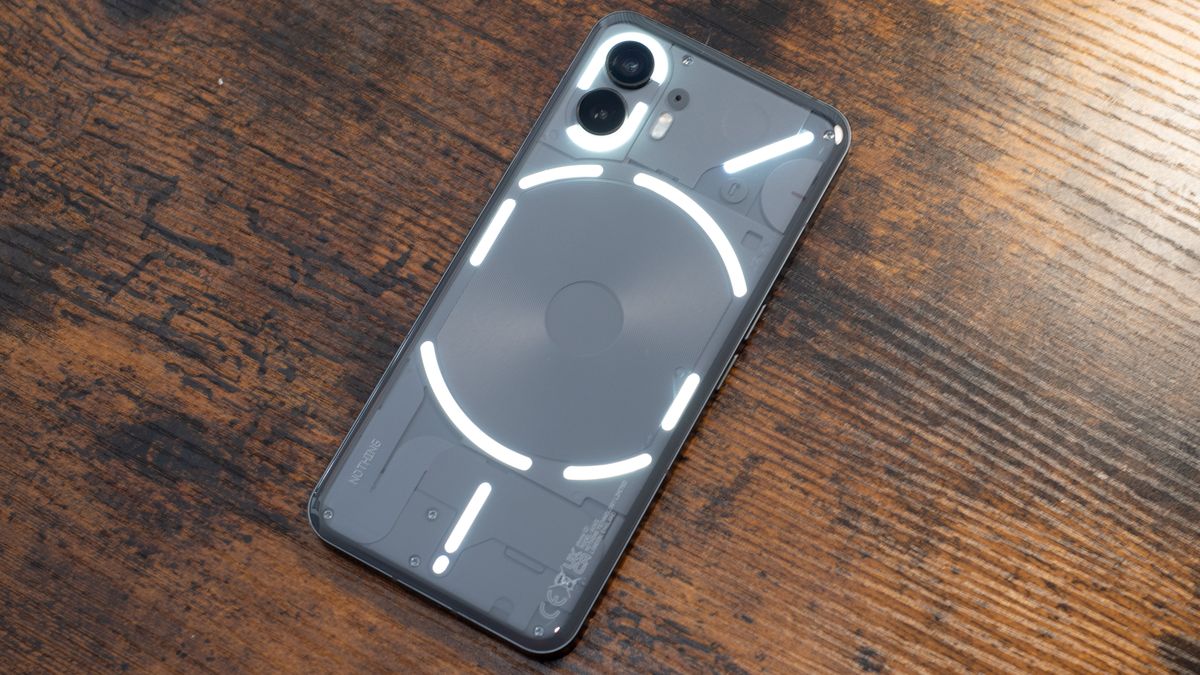While it didn’t start on time, once Meta CEO Mark Zuckerberg took the stage at Meta Connect 2024 for the keynote, it’s safe to say it was a fast-moving, news-making event. Zuck and company showed off a ton of AI tools, including new celebrity voices and live translation for Meta AI, new hardware in the form of the Quest 3S and a futuristic-looking augmented reality glasses prototype, and AI updates to the Ray-Ban Meta smart glasses.
You can catch up on everything that was announced in our Meta Connect live blog, including some interesting insights from our Editor-at-Large Lance Ulanoff, who was at the event, but below, we're sharing the six biggest things Meta revealed in its Connect keynote.
1. A first look at Orion's AR glasses prototype
The biggest surprise at Meta Connect is Mark Zuckerberg, who presented his first fully holographic augmented reality glasses, called Orion. They have the usual shape of glasses, very similar to the Ray-Ban Meta Smart Glasses, although a little thicker.
There's a lot of technology inside, including a new display architecture. These glasses are completely transparent and controlled by a neural network-based hand gesture that requires a wristband.
In several demonstrations, we saw the Orion headset being used to play games and open windows overlaying what we were watching. We also got to see a short clip of a video call with personal avatars.
Suffice it to say that the Orion prototypes were impressive, even in the pre-recorded demos and videos of people trying them out. People mentioned how lightweight they are, and Mark Zuckerberg was full of praise for the work that has gone into making them. A magnesium frame is being used to ensure the glasses aren’t heavy, at least at this stage of development, and instead of glass lenses, they’re silicon carbide, through which light is projected for the displays. They’re still a few years away from being widely available, and Meta has noted that it needs to get the price down, though it will release early development kits for a select few.
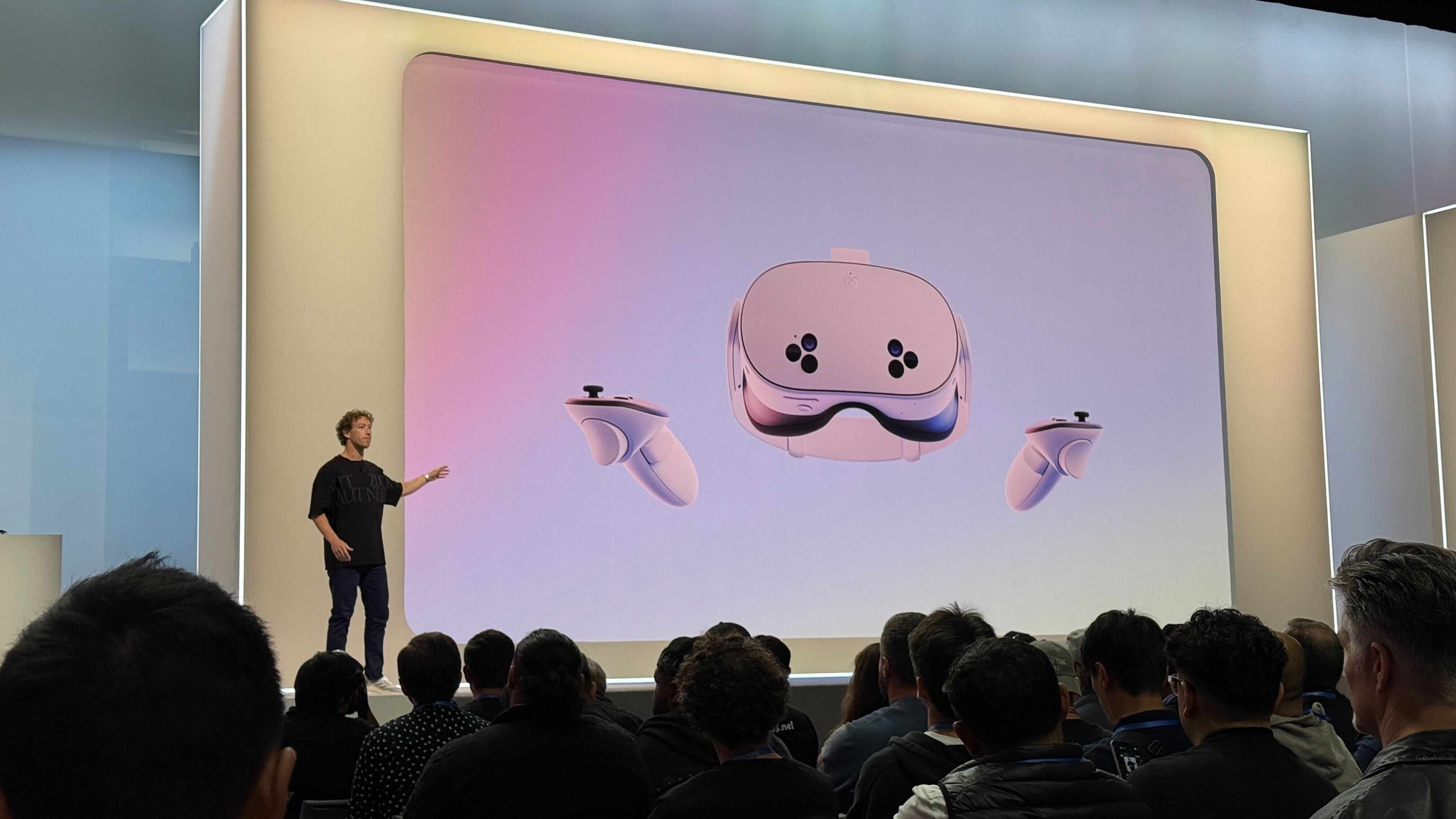
It’s been rumoured for a while, but Meta has made the launch of the Quest 3S official. It’s now the entry point into the Quest line of mixed reality headsets, and given its positioning, it’s affordably priced, starting at just $299.99 or £289.99 for the 128GB model.
Facing the world, the Quest 3S has a similar overall build to the Quest 3 with a redesigned front, particularly with the camera, but the goal is to bring “high-quality mixed reality” to the masses at a more affordable price. In our early testing, the onboard Qualcomm processor was sufficient to run Horizon OS, making it a breeze to play games like Batman: Arkham Shadow and multitask with multiple windows.
We're looking forward to spending more time with the Quest 3S, but in the meantime, check out our hands-on review of the Meta Quest 3S to see what's shaping up to be a compelling, affordable headset.
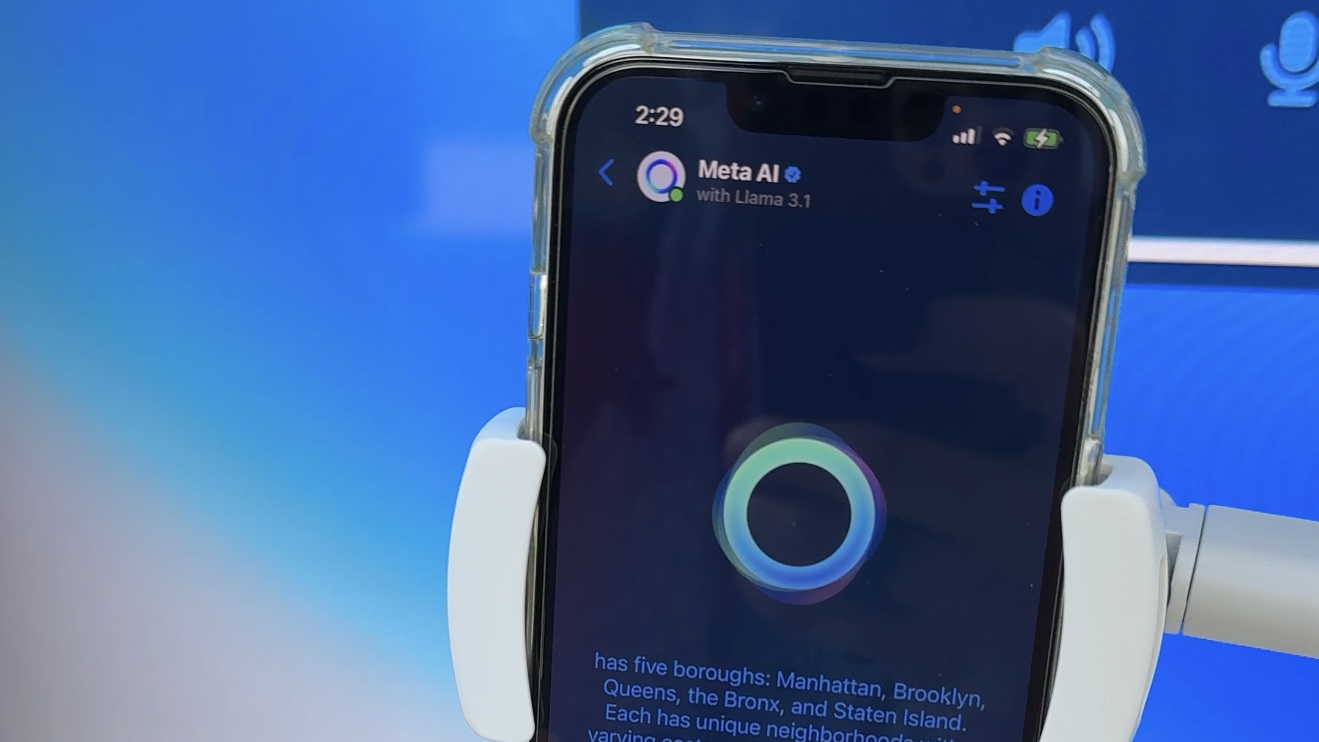
Meta announced some major updates to Meta AI at Meta Connect 2024, including the introduction of voice to the AI chatbot. Not just any voice though, but celebrities like John Cena, Keegan-Michael Key, and Kristen Bell. Now, you can have realistic, human-like conversations with your smartphone using apps like Facebook, Instagram DM, WhatsApp, and Messenger. This puts Meta AI on par with other big AI companies like OpenAI, Google, and Apple, who are introducing voice modes to their AI products.
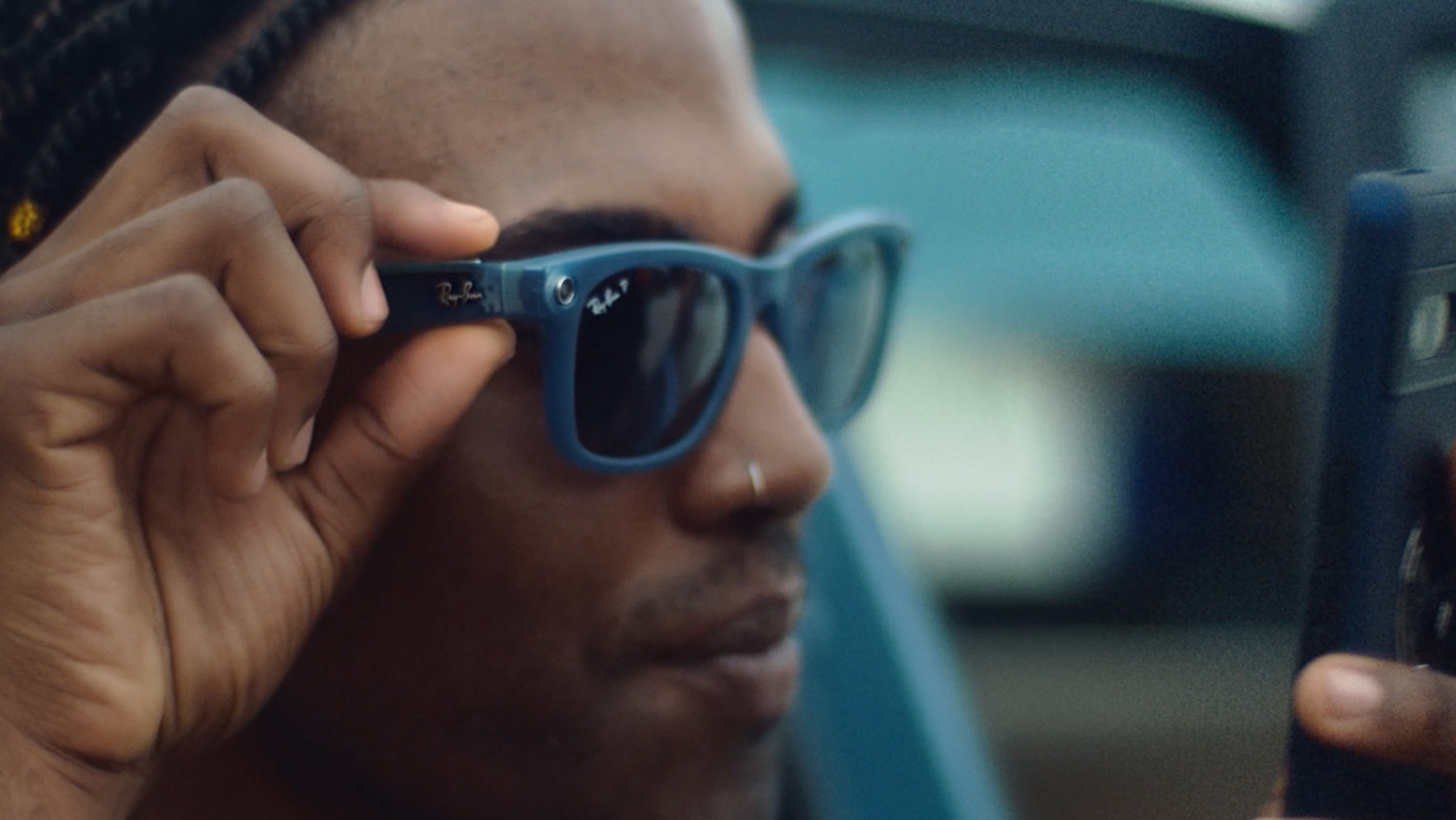
While not as monumental as the Orion glasses prototype, Meta announced a long list of updates for its Ray-Ban smart glasses. First, they will now offer hands-free access to get your favorite songs, audiobooks, or even podcasts through services like Spotify or Audible. Also, instead of asking for a specific song, you’ll be able to ask for a pop tune from Taylor Swift or perhaps a classic folk song. Once again, Meta AI is moving toward more natural conversations.
In addition to song requests, these smart glasses will be able to handle some language translation requests later this year. You can see something written in Spanish, French or Italian and ask Meta AI to translate it for you. We tested it and it worked in a demo space. The Ray-Ban Meta smart glasses will also have visual reminders, lenses that can be turned into sunglasses faster, and Meta AI for videos. All of these elements are planned to arrive before 2025.
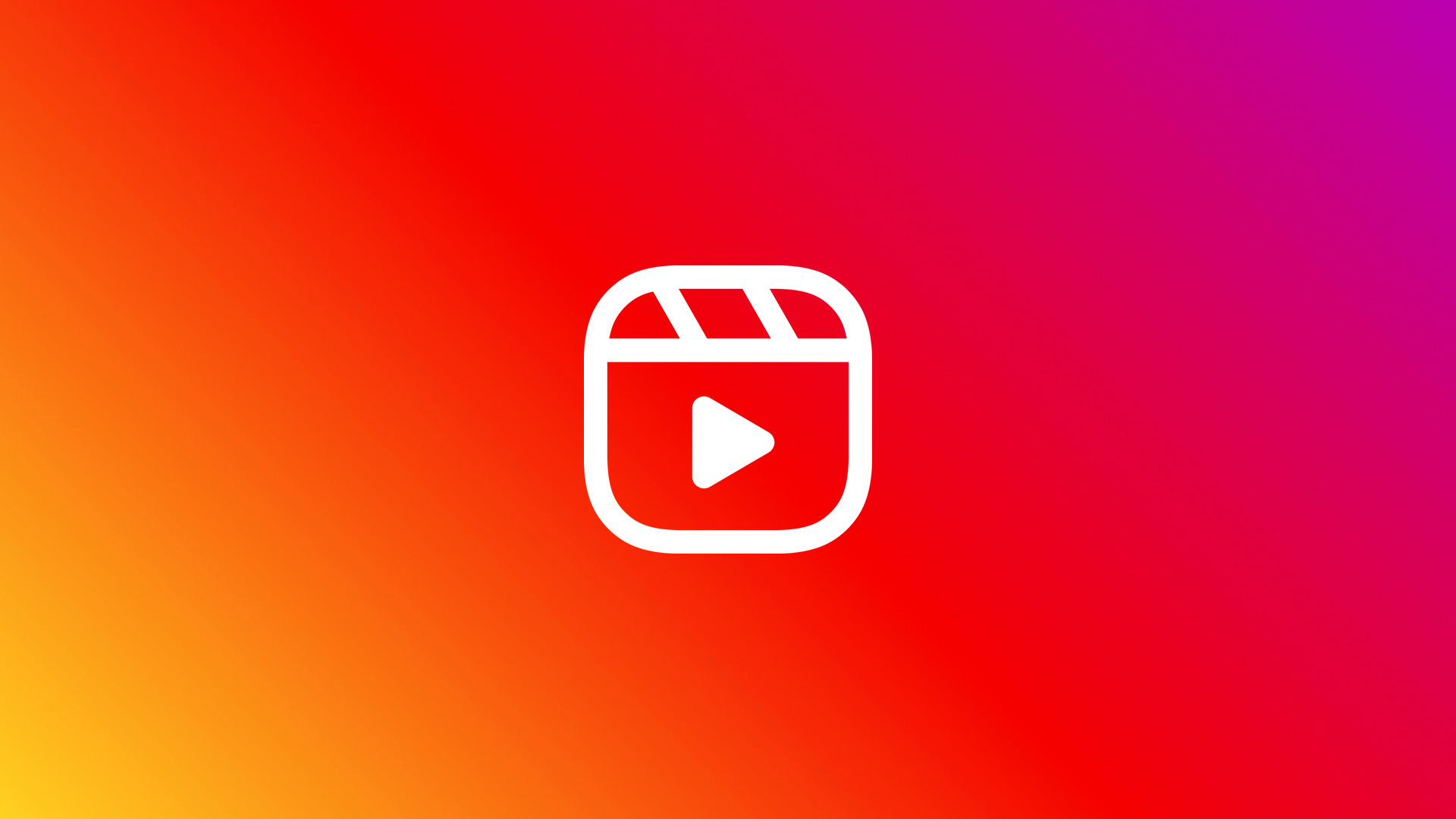
An amazing AI-powered translation tool for Instagram and Facebook Reels allows content creators to reach a wider audience with automatic dubbing and lip-syncing. The AI feature is currently in testing in the US and Latin America, but Meta hopes to expand these translation tools to more languages in the future.
Imagine a world where you can watch portrait-format video content from around the world and hear it in your language without the need for subtitles – this could be a revolutionary new AI feature for anyone consuming video content on Instagram or Facebook.
6. AI image generation on Facebook and Instagram
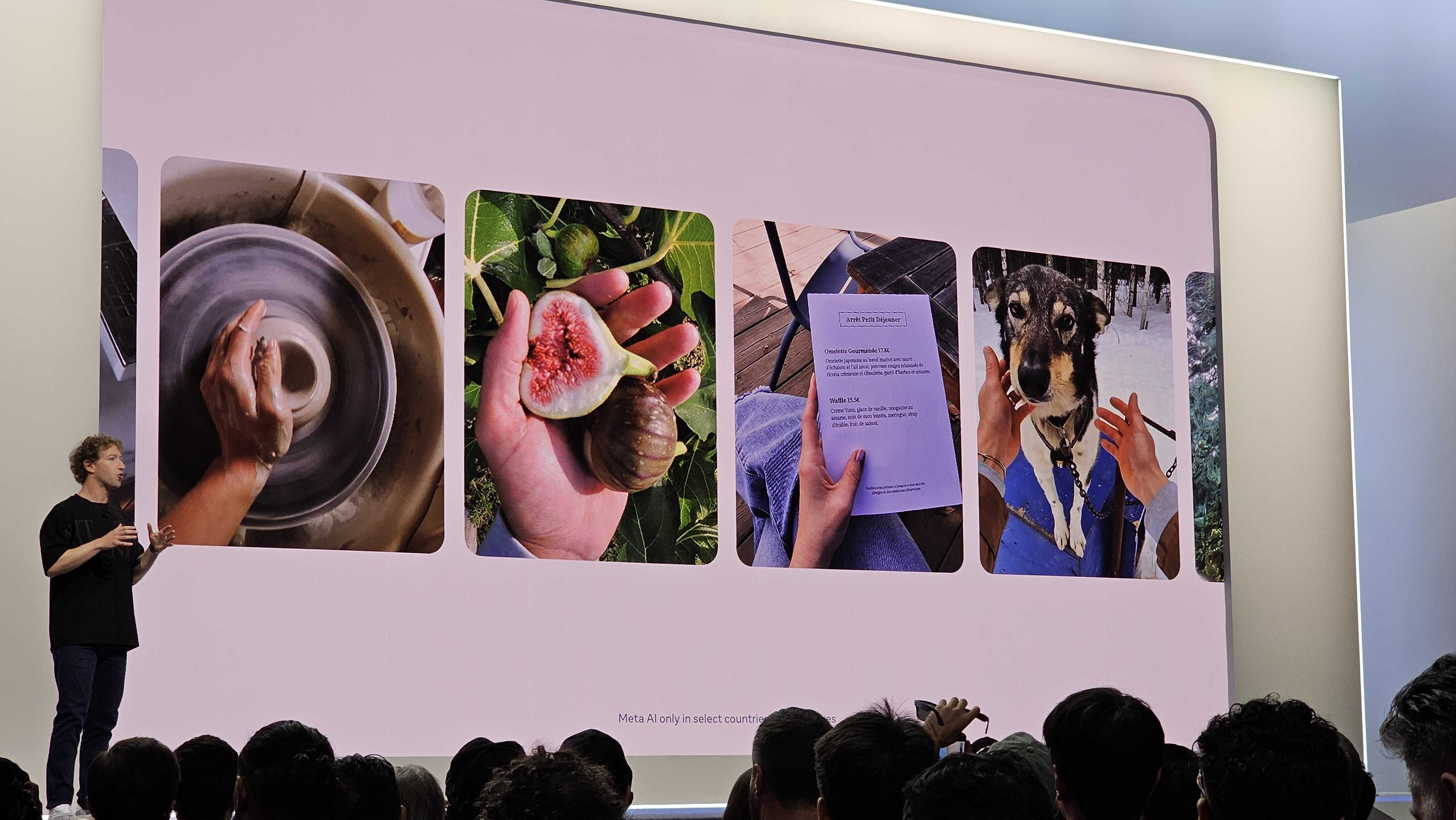
Meta is adding its Imagine features to Facebook and Instagram to compete with some of the best AI image generators on the market. It’s similar to Apple’s Image Playground or X’s Grok LLM, which lets you create images of anything you can dream up.
Integrated into Meta’s social media platforms, you can easily share these AI-generated images with your friends, as well as create posts for your feeds and stories to add a new dimension to your Facebook and Instagram accounts.

